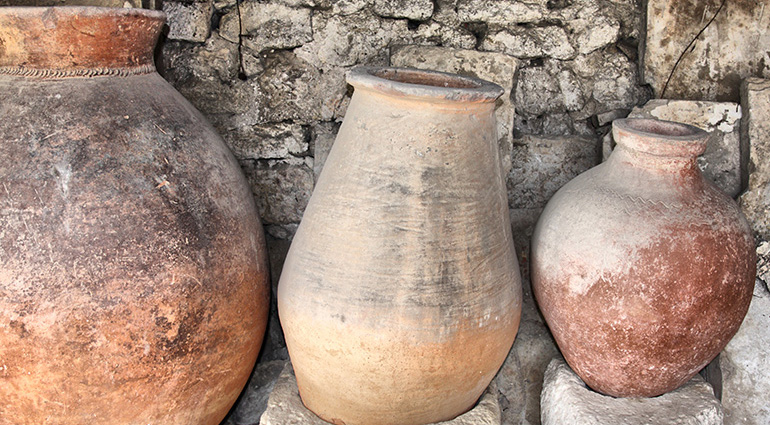Passing on the Legacy
Then we your people, the sheep of your pasture, will praise you forever; from generation to generation we will proclaim your praise. Psalm 79:13
My phone beeped, indicating an incoming text. My daughter wanted my grandmother’s recipe for Peppermint Ice Cream Pie. As I thumbed through the yellowed cards in my aged recipe box, my eyes spotted the unique handwriting of my grandmother—and several jotted notes in the small cursive of my mother. It occurred to me that with my daughter’s request, Peppermint Ice Cream Pie would make its entrance into a fourth generation within my family.
I wondered, What other family heirlooms might be handed down generation to generation? What about choices regarding faith? Besides the pie, would the faith of my grandmother—and my own—play out in the lives of my daughter and her offspring?
In Psalm 79, the psalmist bemoans a wayward Israel, which has lost its faith moorings. He begs God to rescue His people from the ungodly and to restore Jerusalem to safety. This done, he promises a restored—and ongoing—commitment to God’s ways. “Then we your people, the sheep of your pasture, will praise you forever; from generation to generation we will proclaim your praise” (v. 13).
I eagerly shared the recipe, knowing my grandmother’s dessert legacy would enjoy a new layer in our family. And I prayed sincerely for the most lasting hand-me-down of all: the influence of our family’s faith on one generation to the next.
INSIGHT
The prayer of Psalm 79 for God to restore His people was voiced in the context of great loss—perhaps when Babylon destroyed Jerusalem in 587
This idea—that God can be expected to be faithful even when His people are not—is pervasive throughout Scripture. Prayers often plead with God to consider that even if suffering seems deserved, human suffering and death does not bring Him glory the same way His gracious restoration does (see Psalm 30:9). And God confirmed this truth, pleading with His people to return to Him and assuring them that because He is “God, and not a man” (Hosea 11:9), He could be trusted to be merciful.
As dark as our sin can be, God’s grace is deeper still. Do you feel unworthy of God’s forgiveness? Turn to Him anyway, and experience the joy of new life (Romans 8:1; 2 Corinthians 5:17). Our sin does not prevent God from bringing hope, restoration, and an ongoing legacy of faith.



